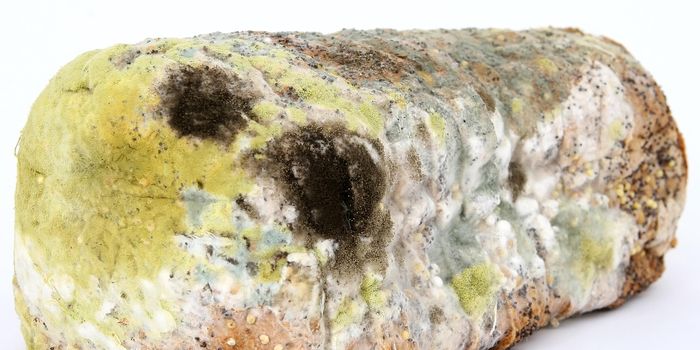Scientists were surprised to find that drugs used to treat heart problems also have anticancer properties.
The drugs, called cardiac glycosides cause the heart to contract and increase cardiac output. They are used in prescription medications such as Digitoxin and Strophanthin.
Now researchers at Yale University have also discovered that cardiac glycosides block the repair of DNA in tumor cells. Because tumor cells are rapidly dividing, their DNA is more susceptible to damage, and inhibition of DNA repair is a promising strategy to selectively kill these cells.
Several other researchers have noted that cardiac glycosides possess anticancer properties, but the basis for these effects was not well known. The scientists showed that cardiac glycosides inhibit two key pathways that are involved in the repair of DNA.
“We performed a high-content drug screen with the Yale Center for Molecular Discovery, which identified some interesting cardiac drugs that affect DNA repair,” says Ranjit Bindra, assistant professor of therapeutic radiology and of pathology at the Yale School of Medicine. “This has many therapeutic implications for new cancer drugs.”
Totally unexpected
Bindra and Yale professor of chemistry Seth Herzon are the principal investigators of the study, which appears in the
Journal of the American Chemical Society.
“Our approach focused on damaging the cancer cells’ DNA using radiation, and then measuring the rate of repair in the presence of different compounds. All in all, we evaluated 2,400 compounds,” Herzon says. “Surprisingly, we think that the cardiac glycosides inhibit the retention of a key DNA repair protein known as 53BP1 at the site of DNA double-strand breaks. This is a very interesting activity that was unexpected.”
Herzon and Bindra say the same approach can be applied to screen hundreds of thousands of compounds.
“We are partnering with industry to gain access to their large compound collections. Not only will this help us find new anticancer agents, it can help us elucidate more of the fundamental biology underlying DNA repair,” Herzon says. The next step in their research will be to improve the cancer-fighting properties of cardiac glycosides, while modulating their other biological effects.
The National Institute of General Medical Sciences, CureSearch for Children’s Cancer, and the Yale Center for Molecular Discovery supported the study.
Source: Yale University
This article was originally published on
futirity.org.









